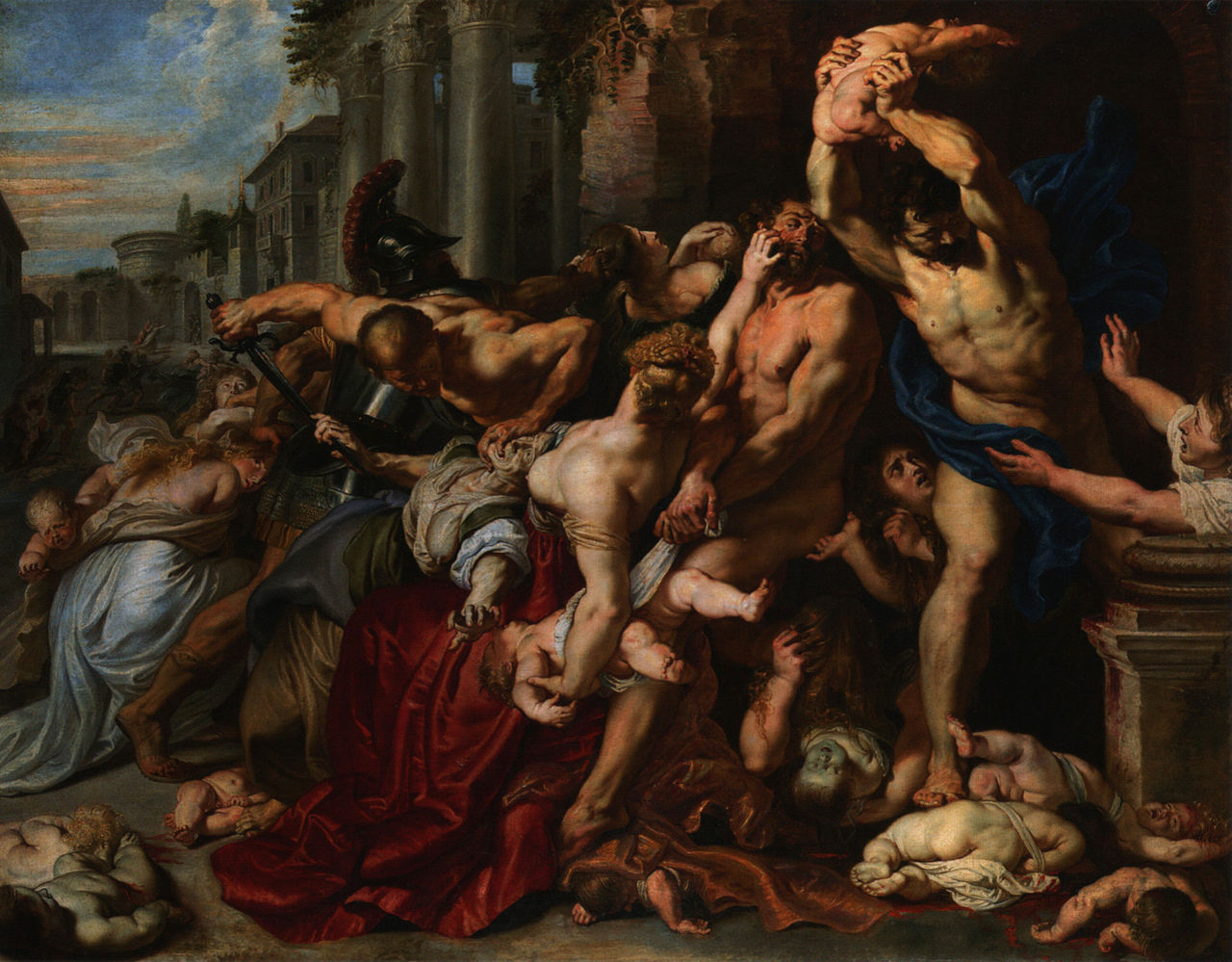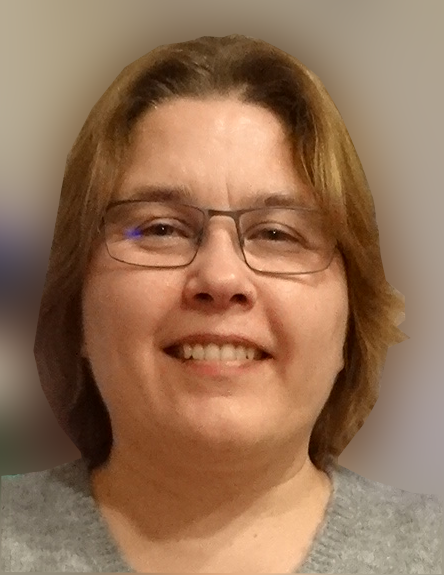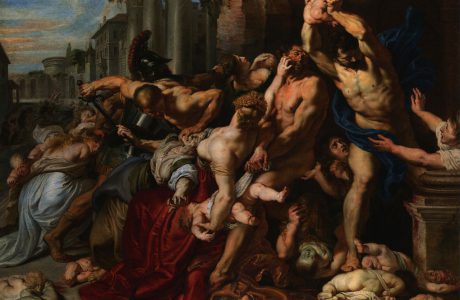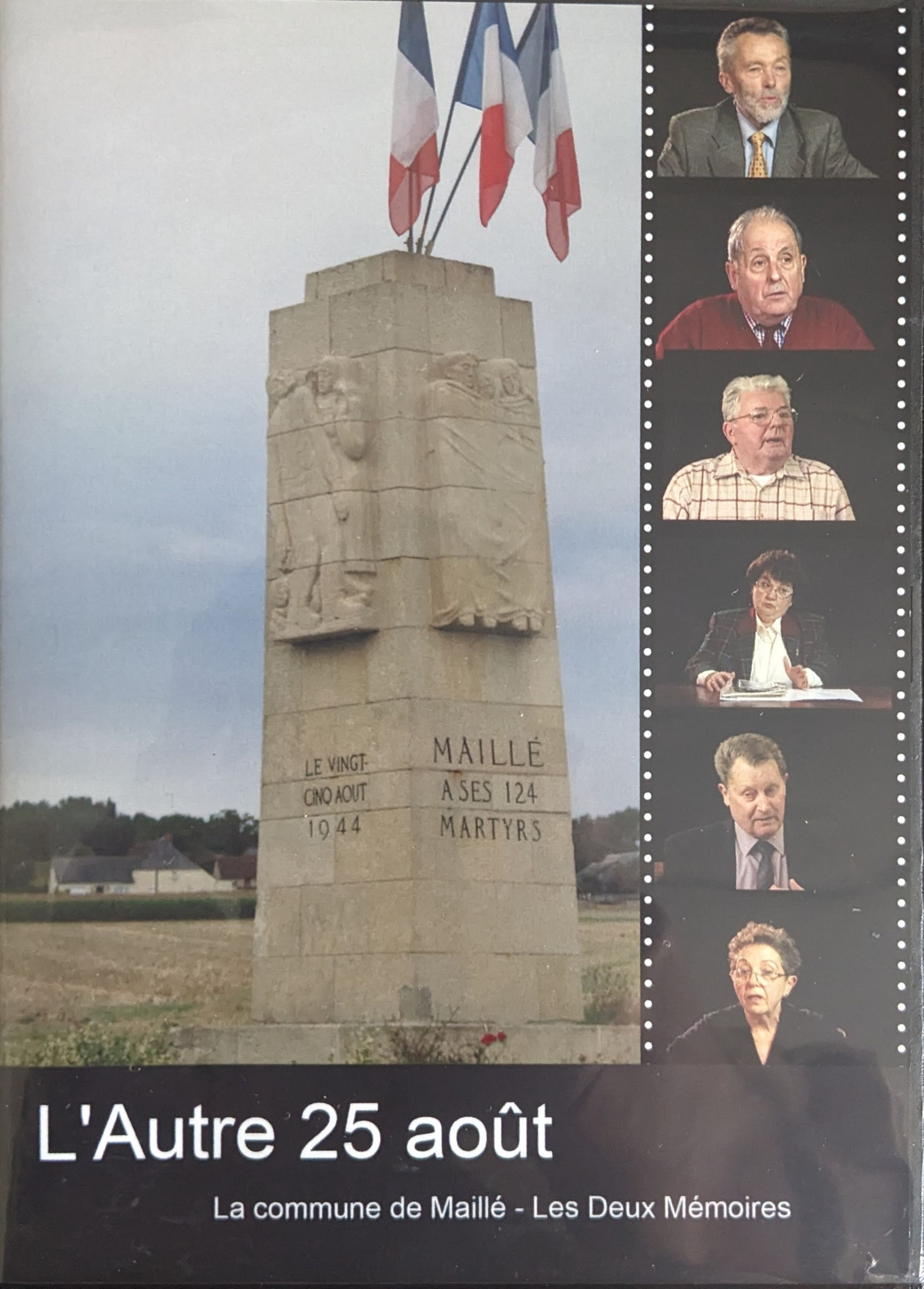Paris. Maillé. A historical link. August 25, 1944 is a date known in history books as marking the Liberation of Paris during World War II. Another event that (sadly) took place on that day: the Maillé massacre, the murder of 124 of the 500 inhabitants of the French commune of Maillé . The village was also burned down.
1. My personal connection to this drama▲
What connection with me? My paternal grandmother’s sister, Antonina Łabędź spouse Métais, then living in Maillé, escaped the massacre with her husband, André Métais, and was one of the rare (and lucky?) survivors. But their house was… burned down. She suggested Sonia as a first name to my mother for the birth of a twin… Me.
Antonina Łabędź will die in 1983, her husband having died two years earlier in 1981; I am then 5 years old. I will wonder about her death and also about… her life. A plaque will attract my attention:
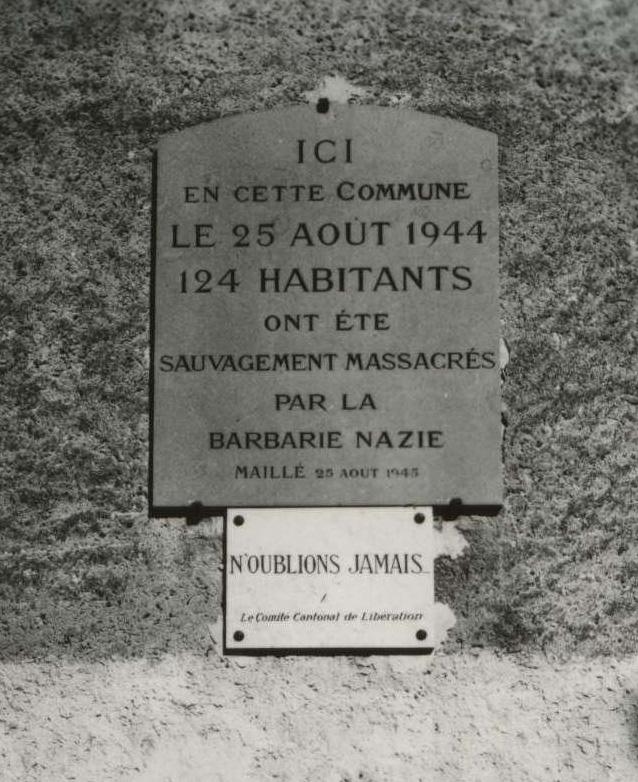
During mourning, the desire to understand will then carry me… When History meets one’s personal history… History can become very heavy sometimes.
2. Information on this massacre of civilians▲
- A French documentary was recently broadcast to recount this massacre, entitled Maillé, un crime sans assassin (Maillé, a crime without an assassin), directed by Christophe Weber, broadcast on the program Infrarouge, France 2 , on June 23, 2011. I am sharing a web link to an extract from the film:
- This crime against humanity is reported on a web page of the commune’s website:
- The Maison du Souvenir in Maillé tells the story of Maillé, marked by this terrible (in)human drama.
- See the Wikipedia article: https://en.wikipedia.org/wiki/Maillé_massacre
- A web page of the official website The Military Medalists from LOCHES-NOUATRE is dedicated to this painful episode in the history of France: Maillé, ce village martyr qu’on avait oublié (Maillé, this martyr village that we had forgotten).
- A monument was erected in memory of the victims in the Maillé cemetery to pay tribute to the victims of Nazi barbarity. So as not to forget.

- To repair the lack of recognition in the history of France, the President of the French Republic will come in person to commemorate and pay tribute to the victims of the Maillé massacre on August 25, 2008. My mother will be present in the crowd that day (if my memory serves me right).
3. An incredible coincidence▲
At the time of the tragedy, my paternal grandmother, Marianna Łabędź spouse Kanclerski, Antonina’s sister, was in Poland, where, just before the war began, she had given birth to… my father, Jean Kanclerski. My father was not yet 5 years old at the time: he was born on 27 July 1939 in Młynisko, a small Polish village located at that time near the German-Polish border, just over a month before the Second World War broke out.
Młynisko, the village where my father was born, and also where my mother was born, six years after the end of the war in 1951, was one of the first to be hit by Luftwaffe bombs. Wieluń, located 15 km from the village (and which I know quite well), was the first Polish city to fall victim to the Second World War.
So, by a coincidence that would defy the laws of statistics, in fact “just” a question of perception, thanks to zetetics (critical mind) 😀 , a Łabędź sister, Marianna, my paternal grandmother suffered Hitler’s first bombs on Polish soil (my parents’ native country) and another Łabędź sister, Antonina, suffered the last bombs on French soil (my native country).
4. A bit of geography▲
For information, I was born in Châtellerault in Vienne and I spent my entire childhood and adolescence in Descartes. Maillé is a town located about 15 km from Descartes and Châtellerault is 25 km from Descartes.
Descartes too, located in the Centre region, was not far from… a border: the demarcation line passed there, separating occupied France from free France. Moreover, a photo on Wikipedia reminds us of this:

5. Questions and transmissions▲
- It is in this context that I jointly decided (with my sister Angélique and my mother) to visit the Auschwitz camp in 1991 during a stay in Poland. I also wrote an article about the memory of this visit in my blog.
- Humanity, barbarism, redemption, forgiveness, criminology, victimology… This criminal act makes me question many notions.
- Finally, I share a link to a French video that deals with the question of memory, transmission, the duty of memory, and forgetting about the Maillé massacre:
The discovery of this family history has thus considerably influenced my behavior; it has given me and still gives me the desire to understand, to go and meet people… and this continues today…












